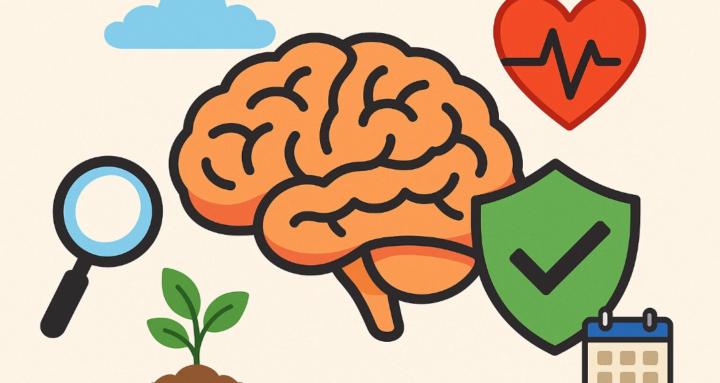☕ Saturday Slowdown: Protect Your Sleep, Protect Your Brain
That afternoon coffee might feel like a little pick-me-up, but it could be quietly stealing the deep sleep your brain and heart rely on to stay healthy.
According to Dr. Matthew Walker, sleep scientist and author of Why We Sleep, caffeine can reduce your deep sleep by 15-30% - even if you fall asleep easily. Deep sleep also called slow-wave sleep — is when your body goes into full repair mode. It’s the time your brain clears out waste, your blood pressure drops, and your immune system recharges.
💤 Why Deep Sleep Matters for Stroke Prevention:
- Helps lower blood pressure, reducing strain on your heart and arteries
- Supports healthy blood sugar and insulin levels, lowering diabetes risk
- Strengthens memory and brain function, protecting against cognitive decline
- Clears toxins from the brain, which may reduce long-term neurological risk
- Boosts your immune system, helping fight inflammation - a key player in stroke risk
But caffeine can quietly sabotage this healing process. Here’s how:
- ☕ It lingers – Half of it is still in your system 5–6 hours later, and a quarter after 10–12 hours
- 🧠 It blocks sleep signals – Caffeine interferes with adenosine, your brain’s natural “sleepiness” chemical
- 😟 It can raise anxiety, making it harder to relax into deep, restorative sleep
✅ Stroke-Smart Tip: Enjoy your coffee in the morning, when your body can handle it best. After lunch, consider switching to decaf or herbal teas. It’s a simple change that can protect your deep sleep — and your long-term brain and heart health.
1
4 comments
powered by

skool.com/stroke-proof-3705
We use real evidence — not hype — to take every step possible to prevent strokes and live longer, healthier, happier lives.
Suggested communities
Powered by
